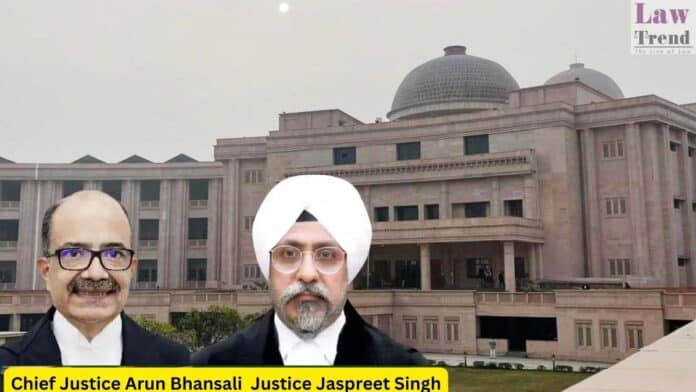In a significant decision emphasizing the implications of fraud in public service, the Allahabad High Court has overturned a Single Judge’s order that reinstated a teacher whose appointment was allegedly obtained using forged documents. The Division Bench, comprising Chief Justice Arun Bhansali and Justice Jaspreet Singh, stressed that fraud vitiates all legal proceedings, holding that




